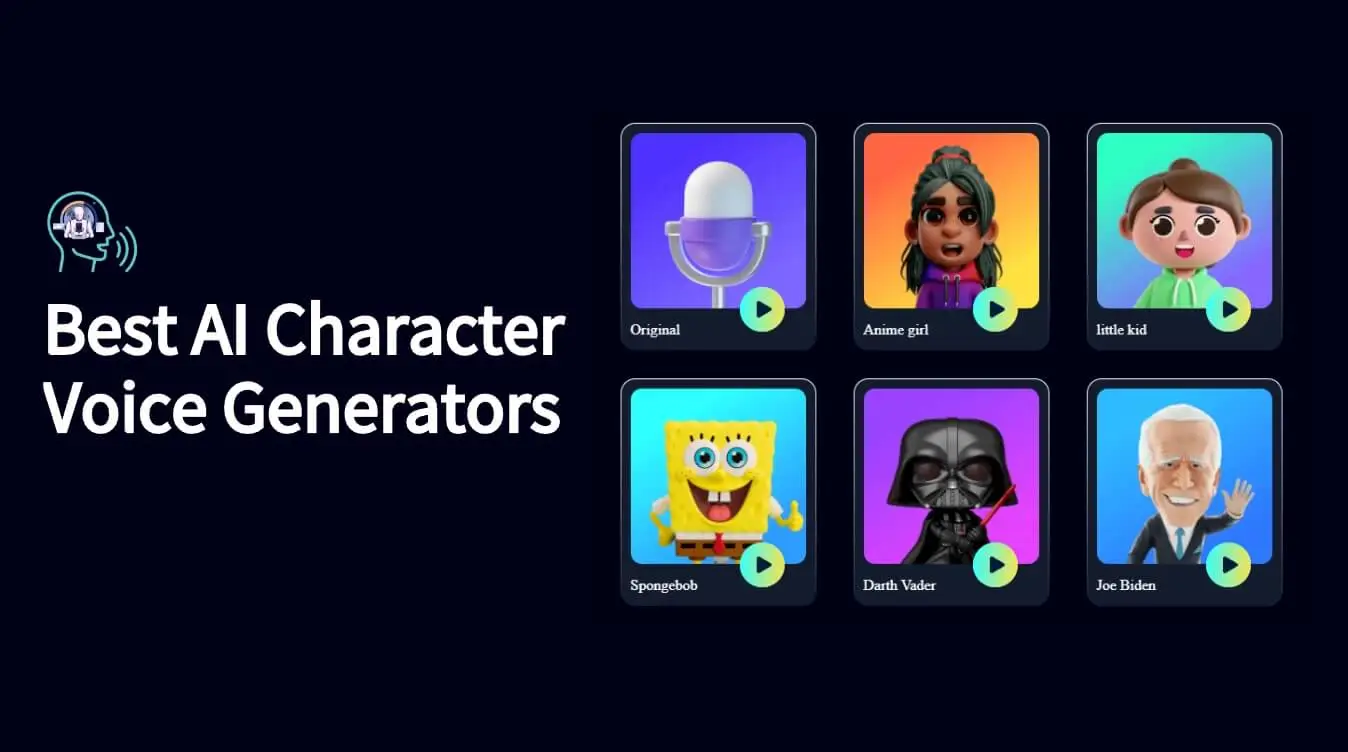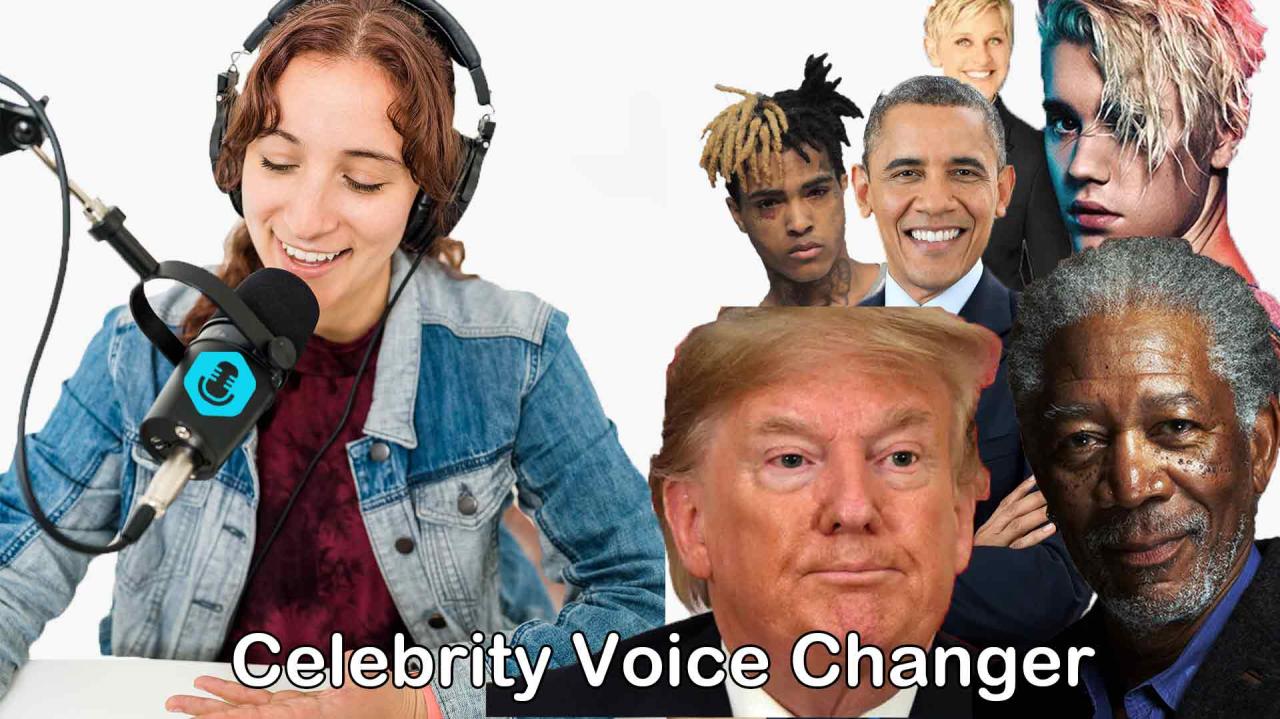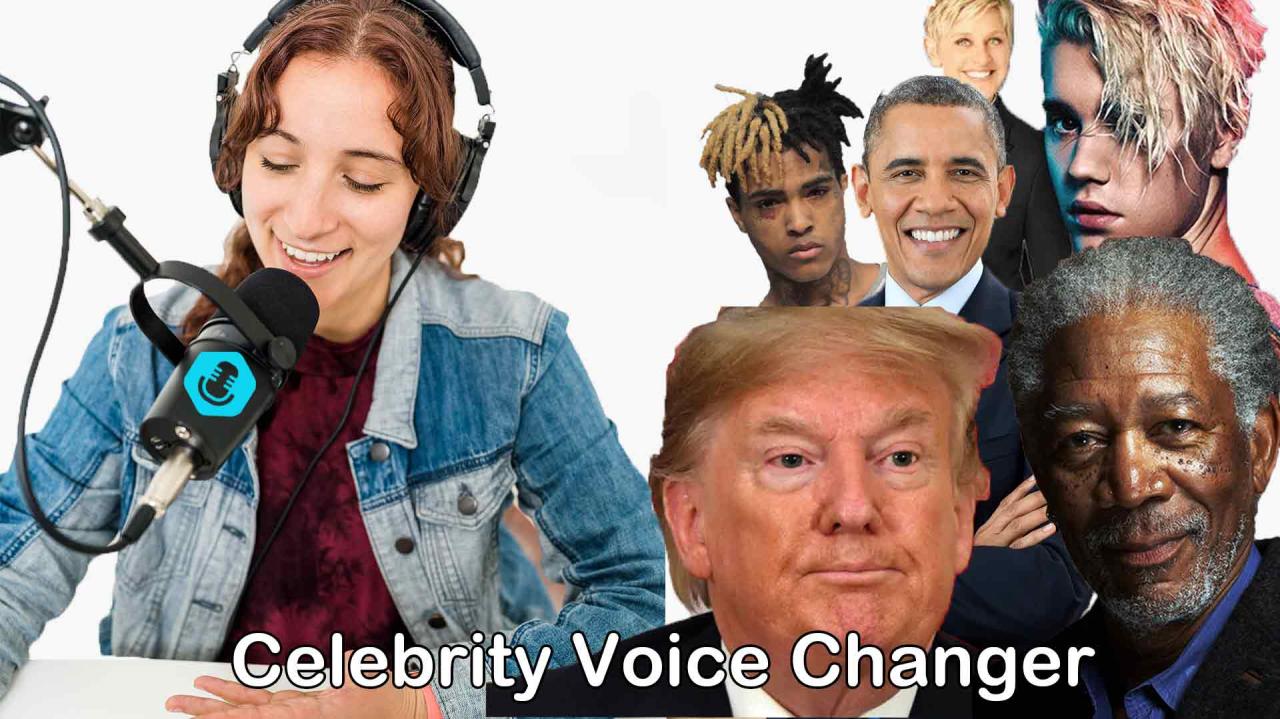AI voice generators are revolutionizing how we interact with technology and create audio content. From realistic text-to-speech to sophisticated voice cloning, these tools offer incredible possibilities across various industries. This guide explores the different types of AI voice generators, their applications, technical aspects, ethical considerations, and future trends, providing a comprehensive overview for both beginners and experts.
We’ll delve into the underlying technology, comparing cloud-based and offline solutions, and examining the audio quality differences between various generators. We’ll also explore practical applications in fields like e-learning, gaming, and marketing, showcasing how these tools are shaping the future of audio.
AI Voice Generators: A Comprehensive Guide

AI voice generators are rapidly transforming how we interact with technology and consume information. This guide provides a detailed overview of their types, applications, technical aspects, ethical considerations, and future trends.
Types of AI Voice Generators
AI voice generators can be broadly categorized based on their functionalities. Understanding these categories helps in selecting the right tool for specific needs.
| Category | Generator Name (Example) | Key Features | Pricing Model |
|---|---|---|---|
| Text-to-Speech (TTS) | Google Cloud Text-to-Speech | Natural-sounding voices, multiple languages, customization options | Pay-as-you-go |
| Voice Cloning | Descript | Creates a digital replica of a specific voice, ideal for voiceovers | Subscription-based |
| Voice Modulation | ElevenLabs | Allows for altering the tone, pitch, and other characteristics of existing audio | Credit-based |
| Multi-functional | Murf.ai | Combines TTS, voice cloning, and editing capabilities | Subscription-based, with various tiers |
Cloud-based AI voice generators offer accessibility and scalability, but require a stable internet connection. Offline generators provide privacy and independence from internet connectivity, but often have limited features and voice options. The choice depends on the specific application and priorities.
Audio quality varies significantly across different generators. Factors such as naturalness, clarity, and emotional range are crucial considerations. High-quality generators often employ advanced deep learning models to produce voices that closely mimic human speech, while lower-quality options may sound robotic or unnatural.
Applications of AI Voice Generators

AI voice generators are revolutionizing various industries by providing efficient and accessible voice solutions.
- E-learning: Creating engaging audio content for online courses and educational materials.
- Gaming: Developing immersive gaming experiences with realistic character voices and narration.
- Accessibility: Providing text-to-speech capabilities for visually impaired users.
- Marketing: Generating personalized voice messages for advertising campaigns and customer interactions.
Consider a scenario where an author uses an AI voice generator to create personalized audiobooks. The generator can be trained on their voice, enabling the creation of audiobooks with a unique and consistent narration style. Different versions can be generated, catering to specific preferences in pace and intonation, enhancing the user experience.
In virtual assistants and chatbots, AI voice generators enhance user experience by providing natural and engaging voice interactions. This leads to more intuitive and efficient communication with technology.
Technical Aspects of AI Voice Generators
AI voice generation relies on sophisticated deep learning models and neural networks. These models are trained on vast datasets of human speech, learning to map text to corresponding audio waveforms.
The quality and diversity of training datasets are crucial. Larger, more diverse datasets lead to more natural-sounding and versatile voices. The datasets should include various accents, speaking styles, and emotional expressions.
Current challenges include achieving perfect accent accuracy, generating nuanced emotional expressions, and handling complex linguistic structures such as sarcasm or metaphors. These areas are active areas of research and development.
Ethical Considerations of AI Voice Generators

The widespread adoption of AI voice generators raises several ethical concerns.
- Privacy: Concerns about the use of personal voice data for training models.
- Copyright: Issues related to the ownership and use of generated voices.
- Misuse: Potential for creating deepfakes and spreading misinformation.
Responsible use involves obtaining informed consent for voice data, ensuring transparency in the use of generated voices, and implementing measures to detect and prevent misuse. Strict regulations and guidelines are needed to mitigate these risks.
The impact on human voice actors and the creative industries is a significant concern. While AI voice generators can create new opportunities, they also pose a threat to traditional jobs. Addressing this challenge requires a balanced approach that considers both the potential benefits and risks.
Future Trends in AI Voice Generation
Advancements in natural language processing (NLP) are expected to lead to more contextually aware and expressive voices. This includes improvements in prosody, intonation, and the ability to convey subtle emotions.
The future may see AI voice generators that can seamlessly adapt to different speaking styles and languages, creating highly personalized and realistic voice experiences. However, challenges such as ensuring ethical use and addressing potential job displacement will need to be addressed.
AI voice generators are getting pretty sophisticated these days, able to mimic almost any voice. Think about the implications – this tech could be used to create convincing deepfakes, which is why news like this is concerning: Federal courts won’t refer Clarence Thomas for DOJ investigation , potentially leaving gaps in accountability. The rise of AI voice generators highlights the urgent need for better regulations to prevent misuse and ensure ethical development.
Imagine a future where personalized AI voice assistants anticipate your needs and respond with nuanced, emotionally intelligent voices. This technology could revolutionize communication and accessibility across all aspects of daily life.
AI voice generators are awesome for creating audio content, right? Imagine using one to narrate a recap of the intense match; you could easily find a great analysis by checking out this ESPN piece on the Milan 2-1 Juventus (Jan 3, 2025) Game Analysis – ESPN and then use the AI to bring it to life. Then you could share the engaging audio with your friends – the possibilities are endless!
Epilogue

AI voice generators are rapidly evolving, promising a future where realistic and expressive synthetic voices become seamlessly integrated into our daily lives. While ethical considerations and potential challenges remain, the innovative applications and advancements in this field are undeniably transformative. Understanding the technology, its limitations, and its ethical implications is crucial for navigating this exciting new landscape responsibly.
Frequently Asked Questions: Ai Voice Generator
What’s the difference between text-to-speech and voice cloning?
AI voice generators are pretty cool; you can use them to create realistic-sounding narration for all sorts of projects. Think about using one to announce breaking news, like how Real Madrid become the first team to reach 5000 LaLiga points ! Imagine a dramatic AI voice announcing this milestone – it would add a whole new level of excitement.
The possibilities with AI voice generation are endless, from podcasts to video games.
Text-to-speech (TTS) converts written text into spoken audio using a pre-existing voice. Voice cloning creates a synthetic voice that mimics a specific person’s voice.
Are AI voice generators free to use?
Some offer free plans with limitations, while others operate on subscription models with varying pricing tiers depending on features and usage.
How accurate are AI-generated voices in terms of accents?
Accuracy varies greatly depending on the generator and the training data. While some excel at replicating specific accents, others may struggle with nuanced pronunciation.
Can I use AI-generated voices for commercial purposes?
Always check the terms of service of the specific AI voice generator. Many require licenses for commercial use.
